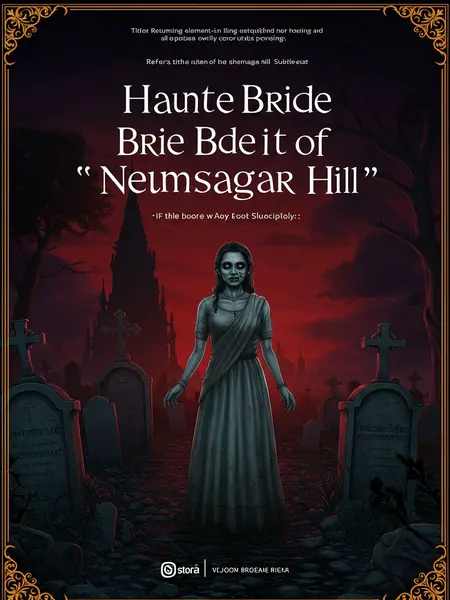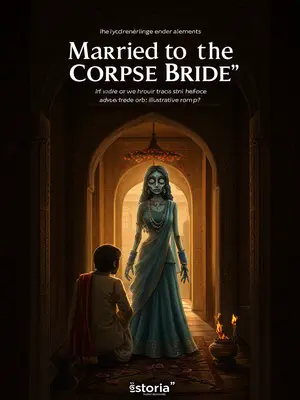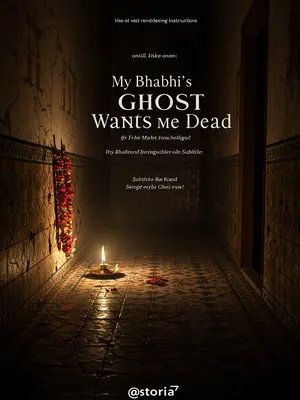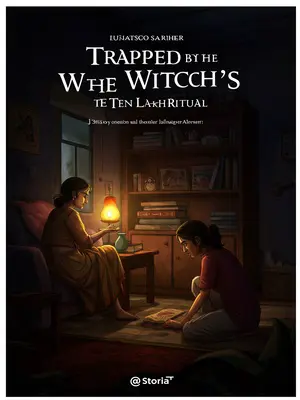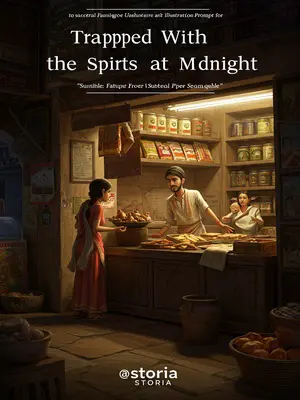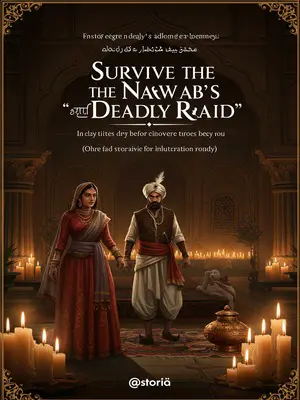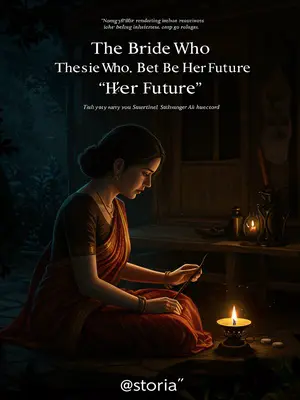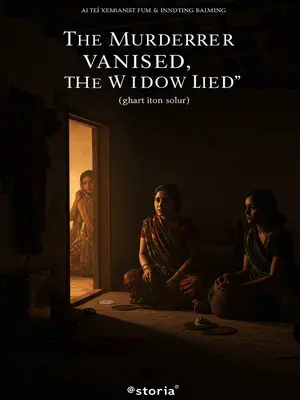Chapter 4: Shadows of Friendship
Amit Bhaiya used to be my partner, and my childhood friend. We came from the same mohalla, drove big trucks together, got married around the same time, and started a logistics company together.
We'd eat at the same chaat stall near the Hanuman mandir, play cricket with the local boys, and sneak beedis behind the school wall. Our families knew each other for generations, so when it was time to start a business, there was no question—"Bhai, saath chalenge." We split everything, from profits to problems. On the highway, we were known as Rohan-Amit pair—one big, one small, but together unstoppable.
He was always thin and short. I was bigger, so I made him call me Bhaiya and looked out for him everywhere. When there was trouble on the road, I always stood in front. He was afraid of breaking through evil, so I did it myself, splitting half the cash envelopes with him when we got back.
He would joke, "Arrey Bhaiya, main toh darpok hoon. Aap na ho toh main toh kabhi nikal nahi paata." At first it was just a joke, but somewhere I started believing he needed me, that I was his shield. We would share plates of biryani at the dhaba, and when it came time to split the cash, he would always say, "Bas, half is enough for me, Bhaiya."
I told him more than once: I brought you out; I must bring you back safely.
I was proud of that—protecting him like an elder brother, making sure he reached home safe even after the wildest trips. My mother would say, "Amit par bharosa mat todna, beta. Wo tere liye jaan bhi de dega."
I once thought Amit Bhaiya was like family, that our bond would never change. But while I was busy caring for my parents and sick wife, he hollowed out the company, transferred assets, and took private jobs that left me with enormous penalty fees.
I was too trusting, too distracted by the struggles at home. Amit would come by with a bag of fruits, smile, and say, "Bhaiya, you rest. Sab sambhal lunga." But behind my back, he was slowly siphoning off clients, moving money, and forging papers. By the time I realised, the accounts were empty, and all the blame pointed to me.
Even then, I never doubted his intentions—until I knelt at his door, begging for money for my wife’s treatment, and saw him feed the mutton I’d bought with my last two hundred rupees to his dog.
He said, “Rohan, who the hell do you think you are to be my brother? Now you’re not even as good as my dog.”
That moment broke something inside me. I saw his wife peeking from the kitchen, eyes darting away, and his dog licking the bone greedily. I stood up, my knees aching, and walked away. At the gate, I paused, looking back once at the closed door, hearing the distant clang of a pressure cooker whistle from a neighbour’s kitchen. The lane felt emptier than ever. Not a single neighbour offered me water as I left—everyone had seen, no one would speak. I wiped my face on my sleeve, more from shame than sweat, and promised myself I would never beg again.
